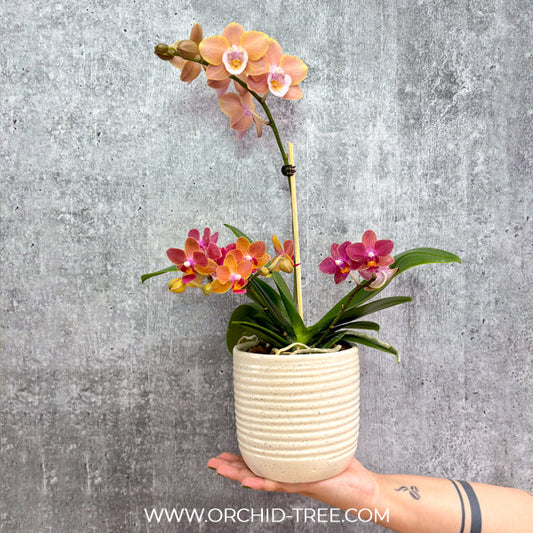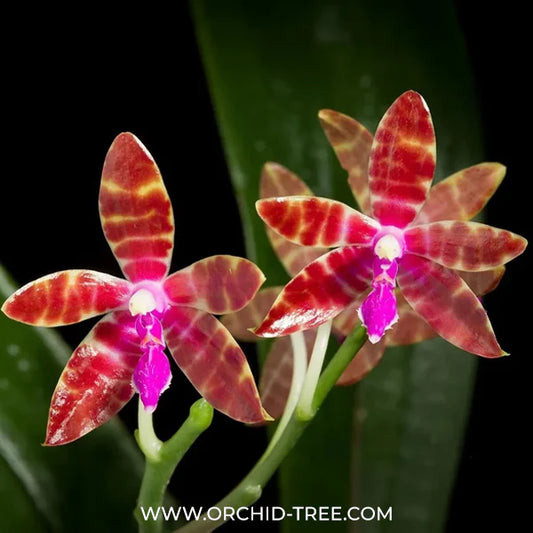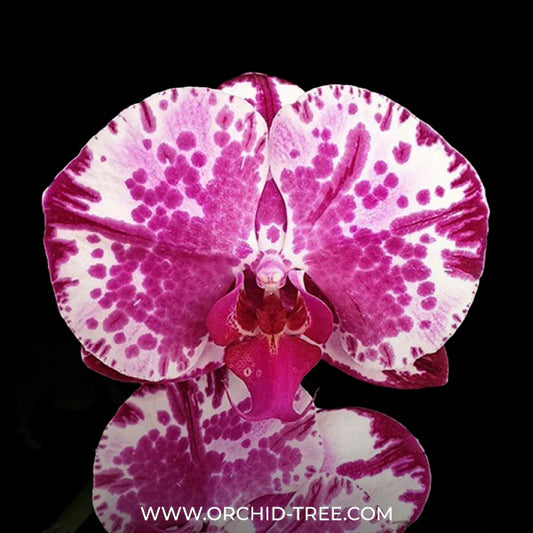Pests & Diseases
Common Fungal Diseases
-
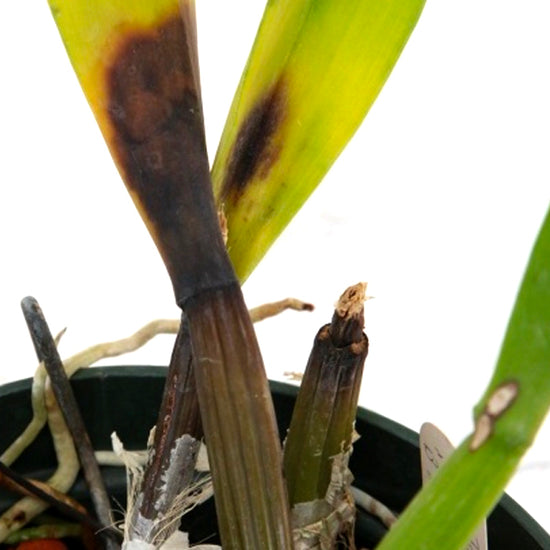
Black Rot
Learn moreBlack rot is caused by one or both, fungi Pythium and Phytophthora spp. They both feed on the root system, which causes stunted growth and death.
-
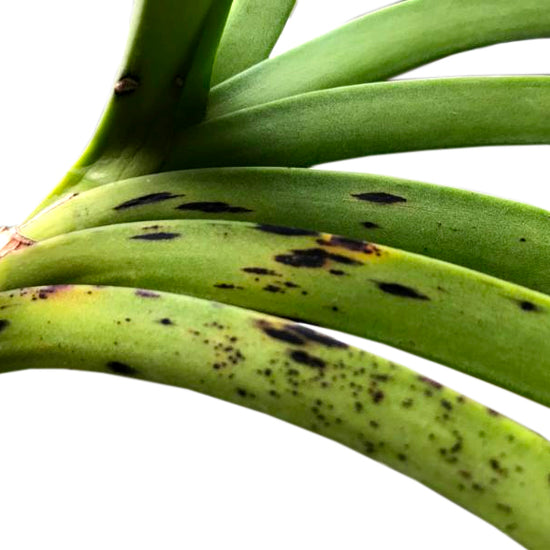
Leaf Spotting
Learn moreLeaf spotting infections are caused by Cercosporoids, Guignardia & Phyllosticta & Septoria. Generally the symptoms appears as yellow, brown or black spots on the leaves or underneath leaves.
-
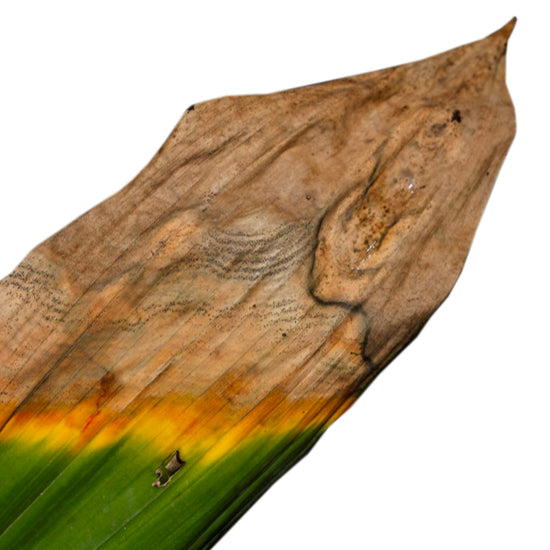
Anthracnose
Learn moreAnthracnose is more of a word used to describe a disease, and it is not a pathogen. All though it is caused by pathogens.
-
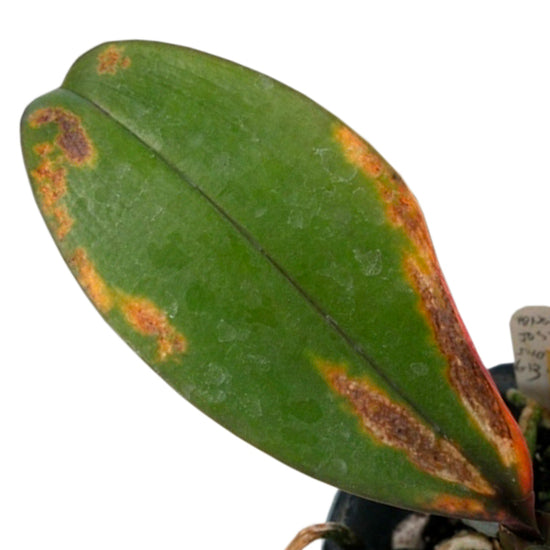
Fusarium Wilt
Learn moreMajor causes for Fusarium are high salt content in the irrigation water and potting medium kept too moist for too long. Roots begin to rot and the base of the plant develops a back dry rot.
-
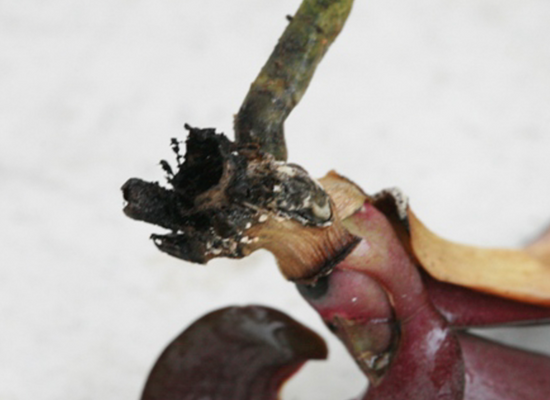
Stem Or Collar Rot
Learn moreCollar Or Stem is caused by sclerotium which is a tightly packed mass of hardened mycelium from a fungus that contains food reserves. Sclerotia have the ability to endure harsh environmental conditions.
-
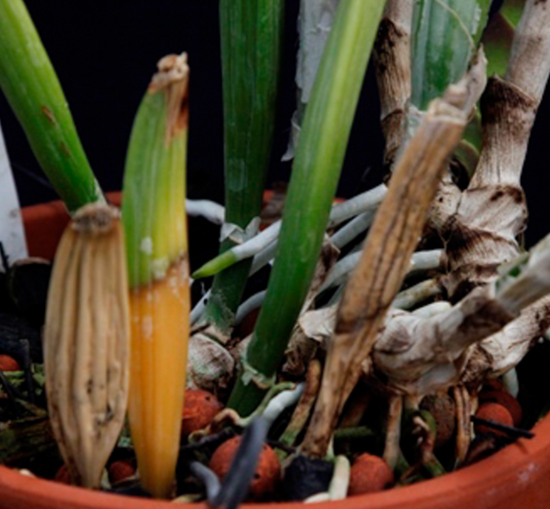
Brown or Root Rot
Learn moreRhizoctonia is mostly a root disease, however aerial sections of the plant might exhibit signs that resemble Fusarium damage.
-
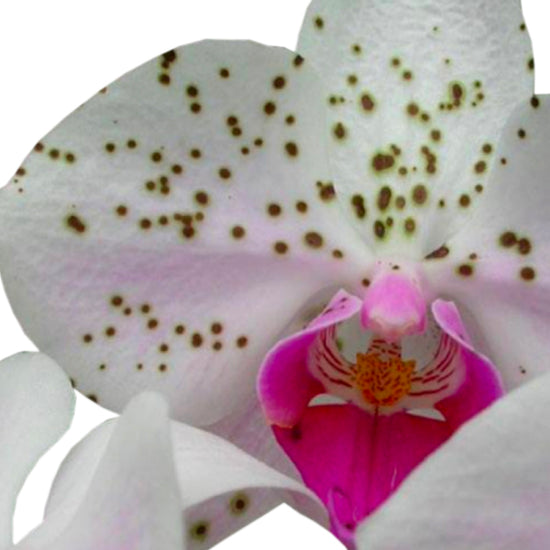
Botrytis Petal Blight
Learn moreBotrytis causes small brown rotting spots on orchid blooms when the air is cool and damp, as well as locations with poor air circulation and limited sunlight.
Common Bacterial Diseases
-
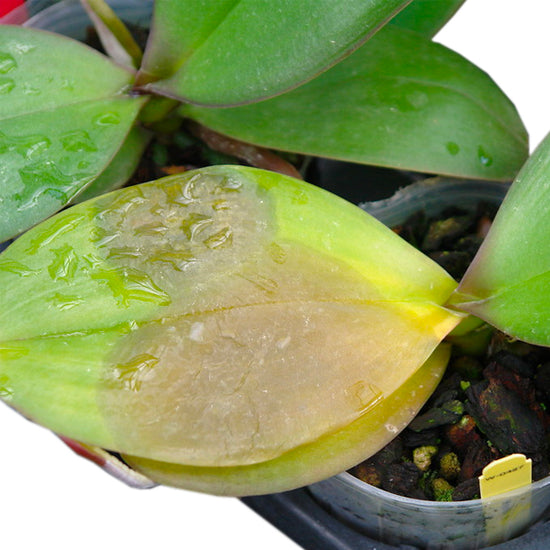
Brown and Soft Rot
Learn moreTypical symptoms were soft rots characterized by moist and watery decay of the one or whole leaves, which initiated as small water-soaked lesions and enlarged rapidly to the entire leaves.
-
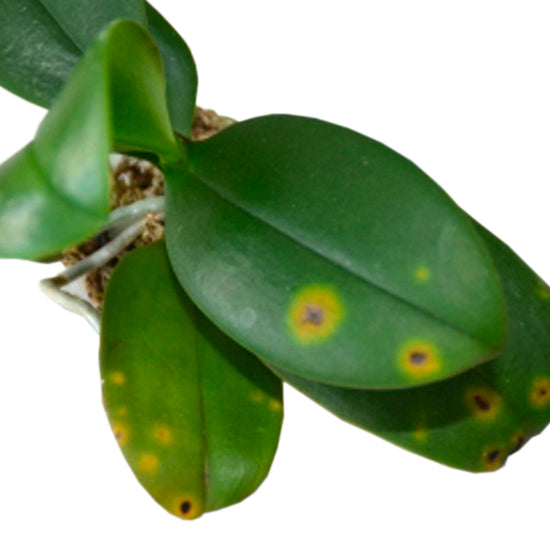
Brown Spot
Learn moreThe symptoms may appear anywhere on the leaf as a small, soft, water-soaked blister. Initially light or yellowish-brown or lighter green in colour, the infected spot enlarges, coalesces and eventually becomes brown or black, dried up and sunken.
Common Pests
-
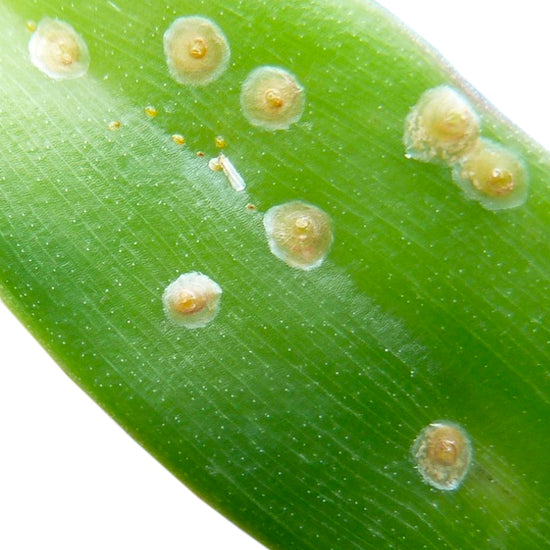
Scales
Learn moreScales are probably the most common insect pest on orchids. There are at least 27 species of scale identified. They are classified as soft scale and hard scale.
-
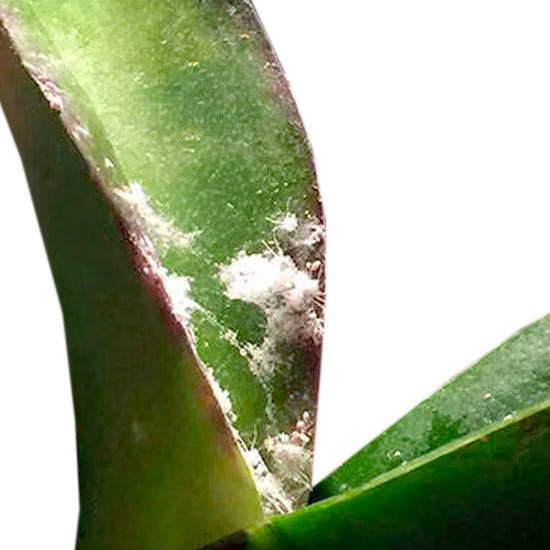
Mealybugs
Learn moreMealybugs and Scales are probably the most common insect pest after scales on orchids. Mealybugs can cause loss of leaves, buds and flowers through their feeding and also weaken the plants.
-
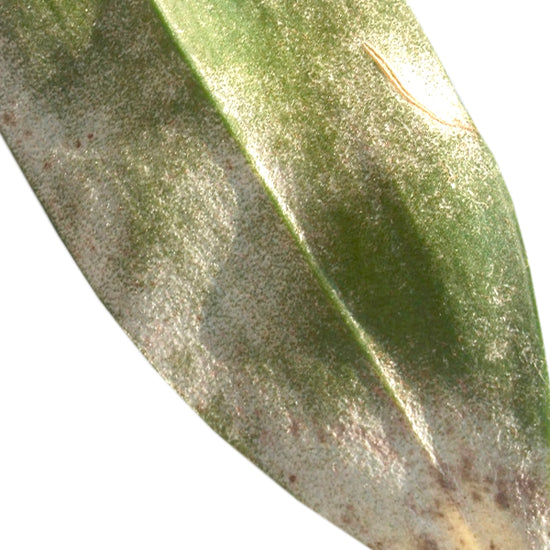
Mites
Learn moreMitea are probably the most common insect pest on orchids in dry and hot weather. There are several species of spider mites that infest orchids.
-
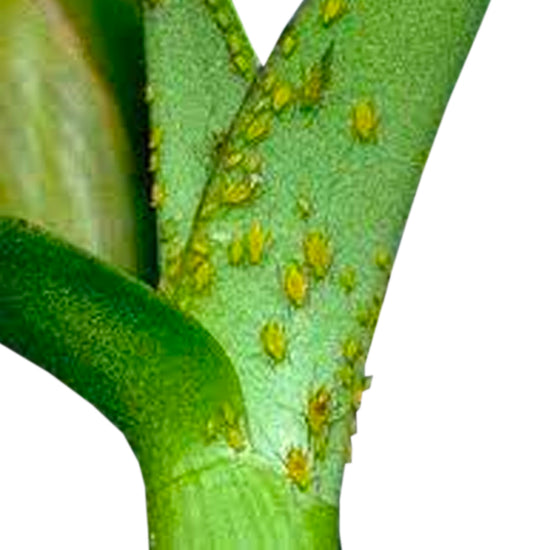
Aphids
Learn moreThe aphid is a tiny, soft-bodied insect that can vary in length from 1 to 10 millimetres. Aphids get their nourishment by feeding on the sap from the plants.
-
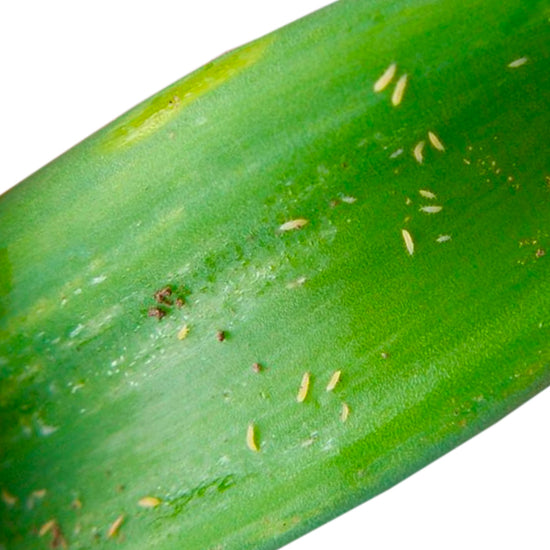
Thrips
Learn moreThrips are one of most difficult pest to control of the orchids pests. They are very tiny to be noticed until they make their damage to the flowers or buds or leaves.
-
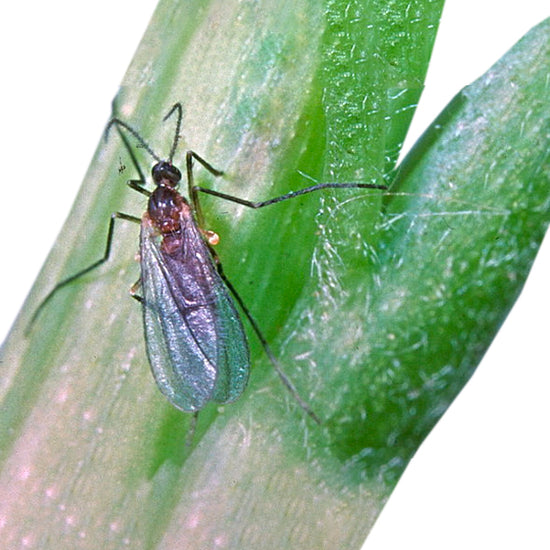
Blossom Midges
Learn MoreBlossom Midges are small flies that significantly harm the plants in your garden. Destructive flies can cause buds damage.
















